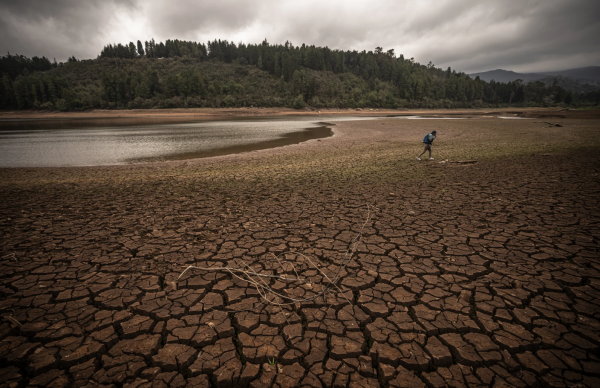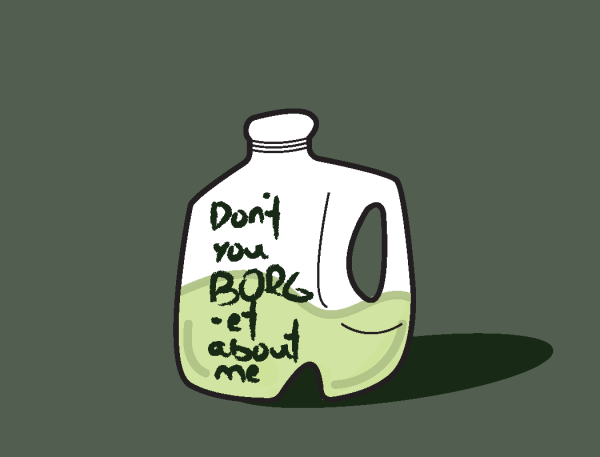Opinion: Deadly effects of plastic
April 13, 2016
Today as I walked though one of Kent State’s green spaces, I stumbled upon countless soda pop bottles, blunt wrappers, and plastic bags from Rosie’s Market and Diner, trampled into the ground.
Rosie’s: The place I remember my freshman year as being an escape in nature, has become a trash compactor.
Essentially, when I see this level of trash near the Cuyahoga River, I see where the elements will eventually put it: the sea.
Remember, plastic doesn’t exactly decompose per say—it breaks up into smaller and smaller pieces until it gets between 2 µm and 5 mm in size.
Eventually, these are eaten by plankton, which are eaten by fish until they reach the dinner table. Also in the Pacific, there are massive gyres: islands of this micronized plastic that become dead zones to all aquatic life with 5.1 kilograms of this micronized plastic per square kilometer of ocean area.
These gyres are nearly impossible to clean due to the fact that creating nets that can capture 2 µm pieces of plastic is nearly impossible, and the size of the Great Pacific garbage patch, a gyre with the lowest estimate size being at 270,000 square miles.
The size of Texas is too massive for anything short of a war scale effort. It’s too common to see pictures of decaying birds, fish, and other majestic wildlife filled with countless pieces of indigestible plastic that are likely to cause their deaths.
To those unconcerned about our oceans and wildlife, take a look at the bottle you’re drinking. It’s made out of substances that leach poison into your drink. Plastics leach phthalates and Bisphenol A (BPA), both of which are carcinogenic chemicals not only into the water you drink, but the food you get at the grocery store. So why take a poisonous risk when you can just choose a safer alternative?
For the most part, we know the three R-words on how to be more environmentally conscious with the resources we use reuse, recycle and repurpose, but we forget the most important way to reduce pollution of all: refuse. We only recycle about 7 percent of the plastic bottles we use and they cannot be made into plastic bottles again.
So instead of having a few plastic bags for groceries at Rosie’s, just refuse—especially when you are walking up to your dorm room or when your groceries can’t fit in your backpack, or use reusable alternatives. Instead of buying expensive unhealthy soda pop drinks, why not buy a reusable stainless steel water bottle that can last for decades and can prevent thousands of bottles being placed in landfills or becoming a part of a massive gyre, killing our oceans?
Besides the amount of money you save, a reusable water bottle pays for itself many times over.
This is college; You should be able to clean up after yourselves or at least place bottles into a nearby recycling bin. While nature may indeed be a mother, she still isn’t going to clean up after you. You have to take care of her.
Dylan Webb is an opinion columnist for The Kent Stater. Contact him at [email protected].




















